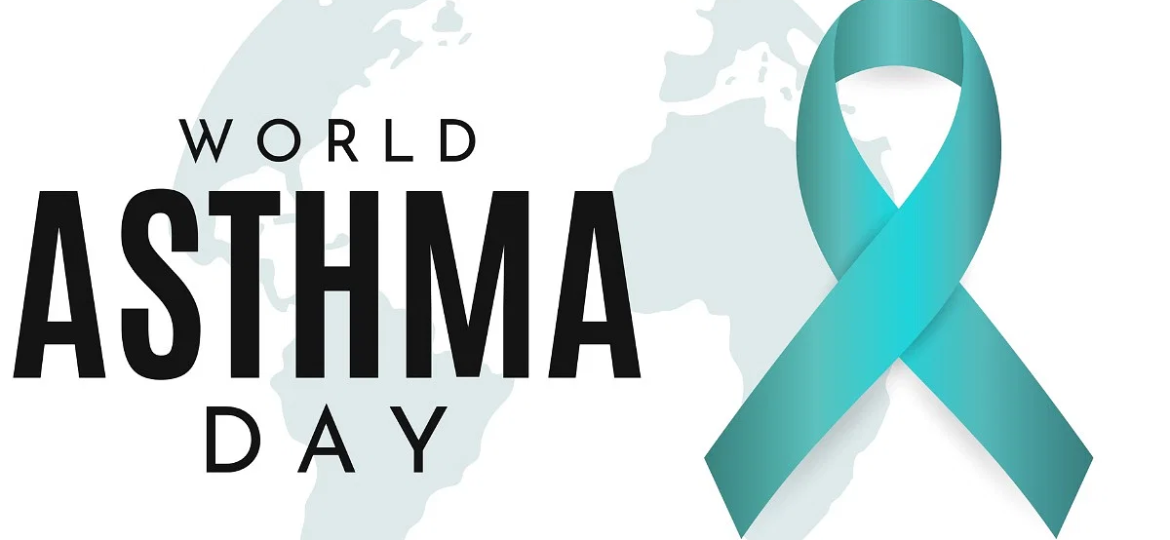
The Importance of World Asthma Day: Uniting Against a Global Issue
Asthma Day is an annual event dedicated to raising awareness about asthma and the importance of equitable access to asthma care for all individuals. Join us as we explore the challenges faced by vulnerable populations and the initiatives aimed at improving asthma management worldwide.

This is an annual event held on the first Tuesday in May to raise awareness about asthma and the need for asthma care for all. This year’s theme “Asthma Care for All” highlights the importance of equitable access to asthma care, particularly for vulnerable populations who may face barriers to treatment.
Asthma is a chronic respiratory disease that affects millions of people worldwide. It can cause inflammation and narrowing of the air passages, leading to breathing difficulties, wheezing, coughing, chest tightness, and shortness of breath. While there is no cure for asthma, it can be managed with proper treatment and care.
Unfortunately, not all people with asthma have access to the care they need. According to the World Health Organization (WHO), asthma is responsible for 383,000 deaths each year, many of which could be prevented with proper management and treatment. However, access to care is often limited for vulnerable populations, such as low-income individuals, those living in rural or remote areas, and minority groups.
The Theme for World Asthma Day
The theme for this year is “Asthma Care for All,” highlights the need for equitable access to asthma care, regardless of socioeconomic status, ethnicity, or geographic location. This means ensuring that everyone with asthma has access to the same quality of care, including diagnosis, treatment, and education.
To improve asthma care for all, we need to address the barriers to access and promote policies and practices that prioritize equity in healthcare. This may involve improving access to asthma medications, reducing exposure to environmental triggers, increasing access to education and training for healthcare professionals, and promoting community-based interventions that support asthma management and prevention.
We can also work to raise awareness about asthma and its impact on individuals and communities. By increasing understanding of the disease and its management, we can help to reduce stigma and promote a culture of empathy and support for those with asthma.
In conclusion, this occasion is an important reminder of the need for asthma care for all. By working together to promote equitable access to asthma care, we can improve the lives of millions of people with the condition and reduce the burden of this chronic disease on individuals, families, and communities around the world.
Disclaimer: The information provided in this content is for general informational purposes only. It is not intended as medical or healthcare advice, diagnosis, or treatment. Always seek the advice of a qualified healthcare professional with any questions you may have regarding a medical condition or healthcare decisions.
















